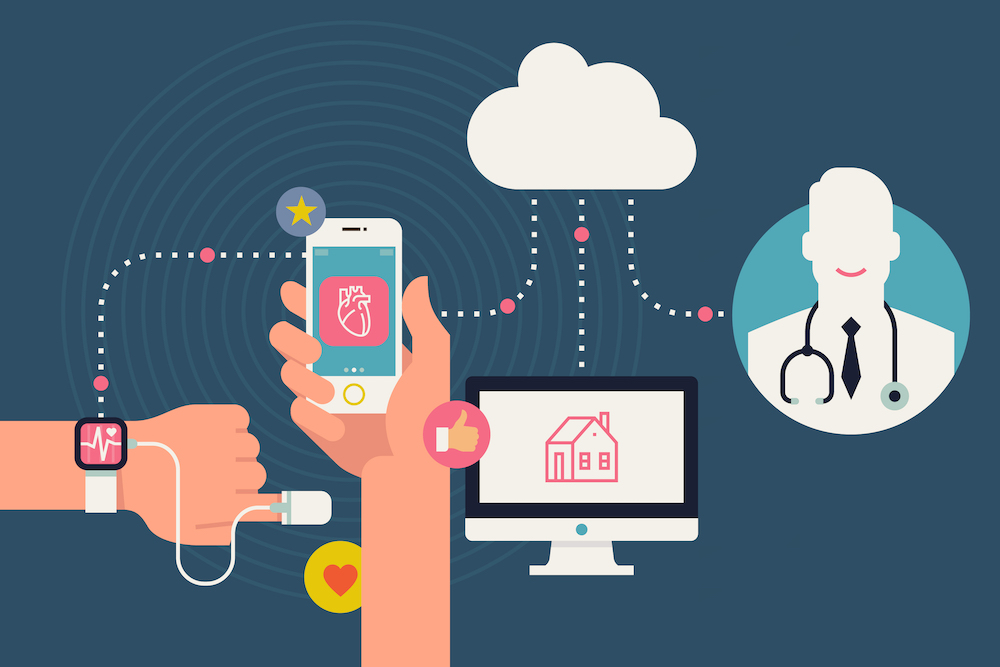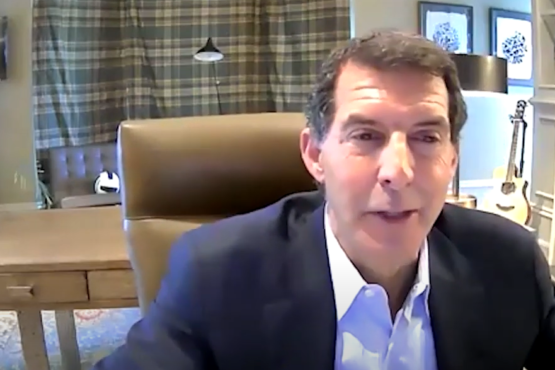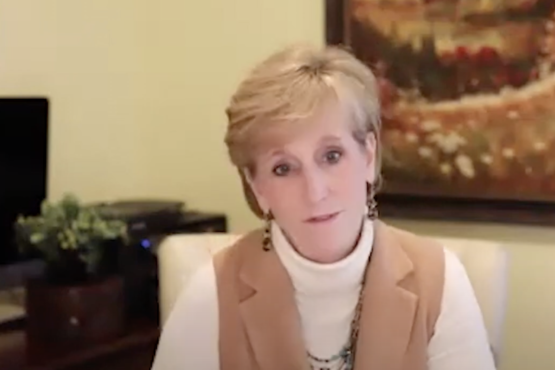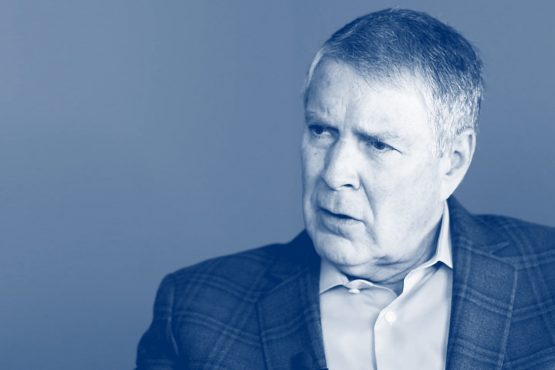This August I had a chance to sit down with Dr. Freddy Abnousi for my podcast, A Second Opinion, to discuss how the tech companies of Silicon Valley are looking to solve our healthcare challenges.
Freddy is an old friend, a practicing interventional cardiologist, and the head of healthcare research at Facebook. About three years ago, Freddy came to the same realization I once had: no matter how many patients I could heal as a cardiac surgeon, there were scores more I couldn’t help, patients I wouldn’t get to know until their health was too compromised by a lifetime of health decisions. Patients for whom I arrived too late.
Prevention saves lives.
“Regardless of how many heart attacks you fix, it ultimately will never move the needle for the public’s health,” Freddy told me in that episode. “If your focus is trying to impact that, then you have to be able to step out of the hospital and think about where health really actually happens, which is outside of the hospital.”
Today Facebook announced Preventive Health, a new tool designed to connect people to health resources in collaboration with the American Cancer Society, American Heart Association, American College of Cardiology and the Centers for Disease Control and Prevention. The feature includes checkup recommendations for heart disease and cancer prevention, as well as seasonal flu reminders. Suggestions are based on the age and sex of users and the activity of the person in the tool is not visible to any other users on the platform.
With its privacy-protected approach, Facebook has vast potential to educate individuals and overcome barriers to life-saving prevention measures. As a member of the Healthcare Research Advisory Committee, I’m particularly proud of the company’s commitment to this effort.
“In the US, people can search for Preventive Health in the Facebook mobile app and find out which checkups, such as cholesterol tests or mammograms, are recommended by leading health organizations based on the age and sex they provide. Reminders for flu shots will also appear at the appropriate time of year,” Freddy said.
Preventive Health from Facebook
“The tool allows people to mark when tests are completed, set reminders to schedule future tests and tell loved ones about the tool to increase awareness of preventive care. People can also learn more about each checkup and find affordable places to receive care,” he continues.
Facebook understands that privacy is particularly paramount when it comes to health, and the Preventive Health tool does not make your recommendations, actions, or follow up visible to anyone else.
“Preventive Health allows you to set reminders for your future checkups and mark them as done, but it doesn’t provide us, or the health organizations we’re working with, access to your actual test results,” Freddy writes. “Personal information about your activity in Preventive Health is not shared with third parties, such as the health organizations or insurance companies, so it can’t be used for purposes like insurance eligibility. We don’t show ads based on information you provide in Preventive Health — that includes things like setting a reminder for a test, marking it as done or searching for a healthcare location.”
I have long argued for making the healthy choice the easy choice. My father made house calls with a black leather bag, because he was meeting his patients where they were. In much the same spirit, I feel strongly that Facebook can play a powerful and constructive role in health and well-being in the future—bringing a conversation about prevention and actionable reminders to the forefront of our daily experience.
By Senator Bill Frist, MD



